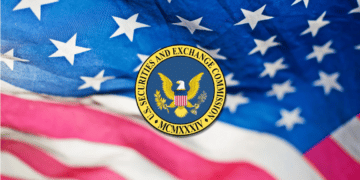The latest cryptocurrency news show that major confusion reigns in many South Korean crypto exchanges as to whether they can – or should – collect their customers’ social security numbers under new Know-Your-Customer (KYC) and anti-money laundering (AML) compliance measures which come into force in a matter of months.
According to reports from Digital Today, exchanges are still uncertain of their legal obligations in this field, despite the fact that many of them have built up their compliance infrastructure in preparation for policing from the financial regulators.
Additionally, we can see that virtual asset service providers (VASPs) will be obliged to confirm the actual and real names of their customers under a clause in the new legal amendment, the crypto regulation news show.

That way, South Korean crypto exchanges are in an uncertain spot. Although the financial regulator that will police exchanges advises firms that the Act on Real Name Financial Transactions and Confidentiality shows that a person’s “real name” should be confirmed by checking against the name and social security number issued on their ID cards – a separate piece of legislation is what apparently contradicts this advice.
On top of that, the Personal Information Protection Act stipulates that firms may not request their clients to divulge social security numbers, except in some exceptional circumstances.
buy cialis oral jelly online pridedentaloffice.com/wp-content/themes/twentytwentyone/inc/en/cialis-oral-jelly.html no prescription
The Korean crypto exchanges currently don’t need them, but the numbers are required by major banking-related operations.
As cryptocurrency exchanges have more in common with eCommerce platforms than financial institutions such as banks, legal experts appear to be battled as to whether or not they can or should request customers to provide the form of personal data as part of the brand new KYC and AML compliance protocols. That way, eCommerce platforms are forbidden from making the social security number requests under the aforementioned law.
Finally, the report which centers around Korean crypto exchanges and new legislations concludes that such issues may be well addressed in separate crypto industry specific legislation, but discussion on a proposed Virtual Assets Business Rights Bill have yet to begin in earnest, with only six months to go before the new policing measures come into effect.
DC Forecasts is a leader in many crypto news categories, striving for the highest journalistic standards and abiding by a strict set of editorial policies. If you are interested to offer your expertise or contribute to our news website, feel free to contact us at [email protected]























Discussion about this post